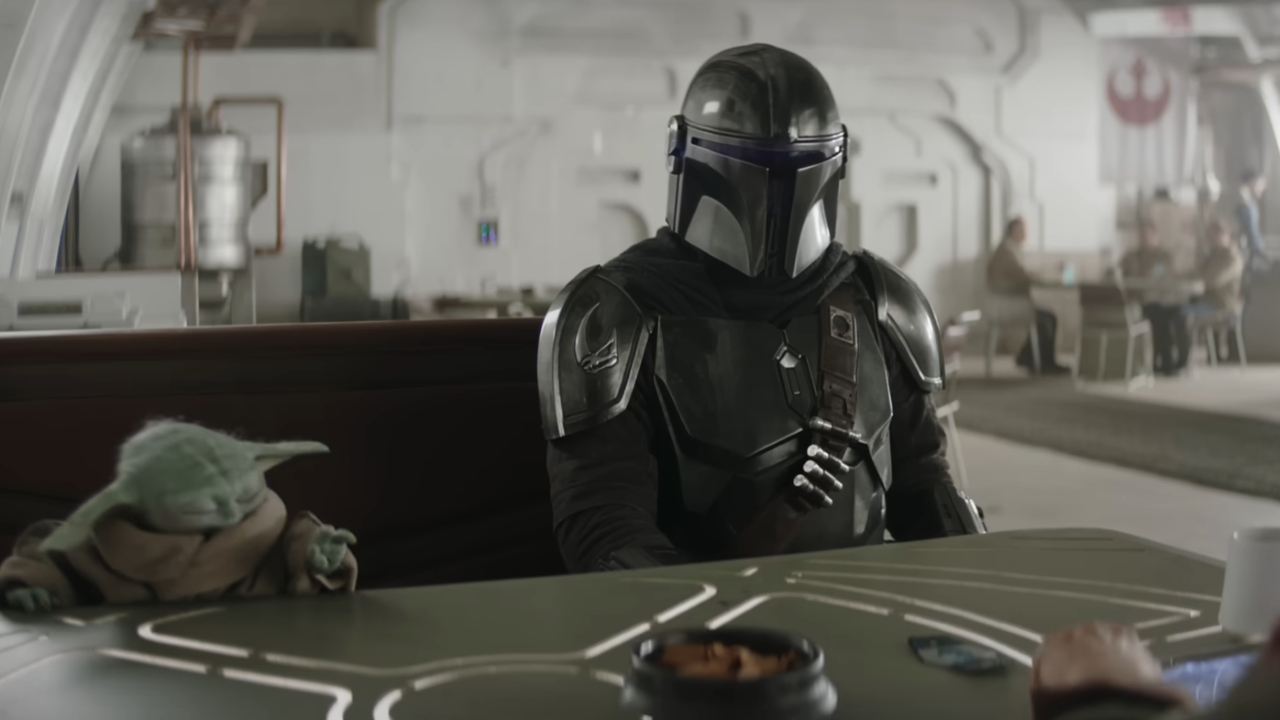Karate Kid’s Ralph Macchio Responds To Criticism Over The Movie Being Too White, Explains How It Was ‘Ahead Of Its Time’
Ralph Macchio calls out criticism of The Karate Kid being too white.
Your Daily Blend of Entertainment News
You are now subscribed
Your newsletter sign-up was successful
Ralph Macchio was known for starring in the 1984 martial arts film The Karate Kid where a New Jersey teen learns from his Okinawan native handyman how to defend himself against bullies using karate. The hit Netflix series Cobra Kai continues to honor the ‘80s films as the story grows. But after criticism came that The Karate Kid is too white, Ralph Macchio believes the 80’s classic was actually “ahead of its time.”
In The Karate Kid, the main characters of the movie are all white with the only diversity being in Pat Morita’s iconic character Mr. Miyagi. After responding to recent criticism that the teen 80’s film is too white and doesn’t delve enough into the Japanese cultural aspects, Ralph Macchio told Stellar Magazine (via Fox News) that the movie was “ahead of its time” for being a mainstream film that spoke about Japanese internment camps.
People have said it’s a very white cast, that it didn’t dive into the Asian story. But I always say this: The film was ahead of its time because it was a popcorn movie that talked about Japanese internment camps during World War II. Pat himself spent two years in the camps. So it had double meaning and some depth. The studio’s main concern was that with the movie running over two hours, they would lose a daily screening time, and essentially, money in the process. They all shut up once we screened it for them with an audience.
While it may seem strange that a movie with its central focus on the teachings of a Japanese-oriented martial arts practice has the majority of white people practicing it, all 5 Karate Kid movies find a way to fit into Japanese customs (with the exception of 2010’s The Karate Kid as it took place in China). Like Macchio stated, the first Karate Kid movie mentioned how Mr. Miyagi received the Medal of Honor while serving with the 442nd Infantry Regiment during World War II where his wife and son died in childbirth while in the Manzanar internment camp. The second movie actually had Mr. Miyagi and Daniel go to Okinawa after hearing that his father is dying.
The Karate Kid movies also spoke about the importance of bonsai trees and spiritual practices while practicing karate. Even The Next Karate Kid had Mr. Miyagi takes Julie to a Buddhist monastery to inspire spiritual guidance in her. Cobra Kai also tries to honor Mr. Miyagi’s teachings throughout the show and had Daniel returning to Okinawa in season three. So even if white people are the central characters, they are still honoring Japan as the birthplace of karate which is important compared to completely ignoring that fact.
Pat Morita really was the perfect man to play Mr. Miyagi. While he brought out comedy into the role, he also was a strong force in the fighting scenes and the emotional ones. Can you believe he had to audition for The Karate Kid five times? Morita once recalled that they didn’t even consider his name to play the role of an immigrant who fought against the Japanese and lost his wife and son in an internment camp. His biggest credit at the time was his recurring comedic role as Arnold in Happy Days. But luckily after the final audition, producer Jerry Weintraub realized he would have made a big mistake if he had never cast Morita. After all, Macchio stated to Stellar Magazine he believed his big scene telling Daniel about his emotional past was what led to his Best Supporting Actor Oscar nomination.
The Karate Kid really was “ahead of its time” like Ralph Macchio said for incorporating Japanese customs in a mainstream movie during the ‘80s. The movies helped introduce these themes and were carried on to its Netflix spinoff series. You can watch Ralph Macchio in Cobra Kai on your Netflix subscription as well as read his memoir Waxing On: The Karate Kid and Me on bookshelves now.
Your Daily Blend of Entertainment News

Just your average South Floridian cinephile who believes the pen is mightier than the sword.
